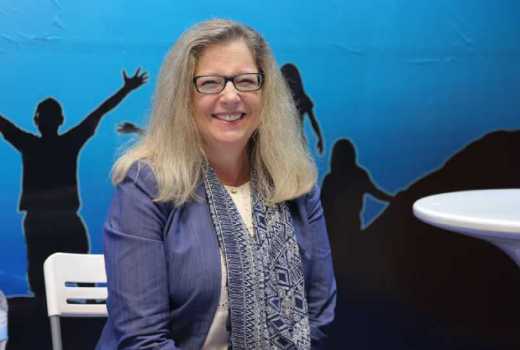×
The Standard e-Paper
Fearless, Trusted News

NAIROBI, KENYA: African consumers will soon be able to interact more with ethically designed technologies as engineers step up engagement with policy makers in the continent.
Dr Karen Bartleson, President of the Institute of Electrical and Electronics Engineers (IEEE) said the body has embarked on three aspects which includes bringing policy makers and technologists together to better understand Africa’s environment.